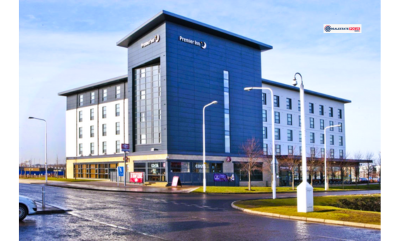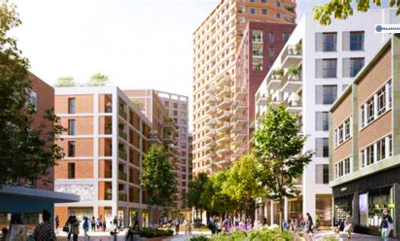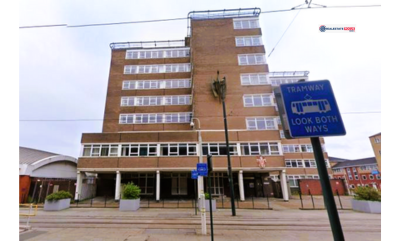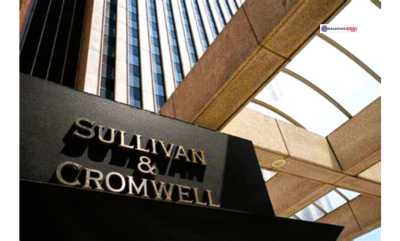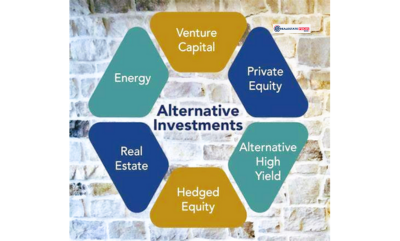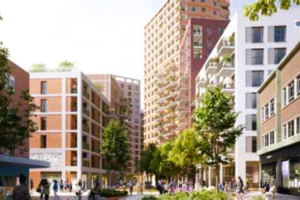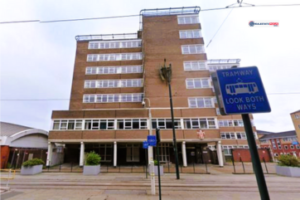
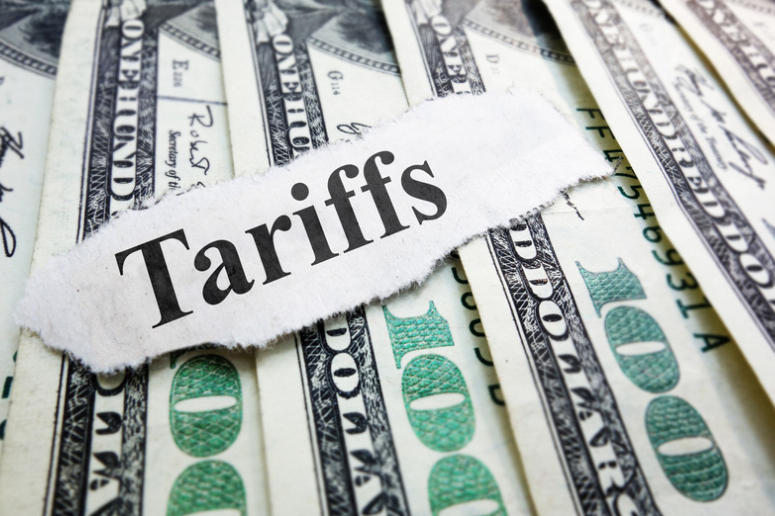
Trump’s Proposed Tariffs Could Raise Housing Costs in New York City, Wells Fargo Warns
Trump’s proposed tariffs on imported goods may have a significant effect on housing prices in New York City. According to Wells Fargo, these tariffs could make it more expensive to build new homes and apartments.
The tariffs, if implemented, would increase the cost of materials used in construction. Steel, lumber, and other materials are often imported. A rise in the price of these goods would make it more expensive for developers to build new buildings.
Wells Fargo estimates that the higher cost of construction could lead to higher housing prices. This would make it harder for people to afford new homes. The overall price of building materials would also increase the cost of renovations and repairs.
New York City is already facing a housing crisis. There is a shortage of affordable homes, and the demand for housing is high. If the tariffs raise construction costs, it could make it even harder to build enough homes for everyone who needs them.
The tariffs would affect both commercial and residential construction. Developers who are planning to build new apartments or homes could face higher expenses. These increased costs would likely be passed on to buyers or renters in the form of higher prices.
Many construction companies rely on imported materials to keep costs low. These materials are often cheaper than those made in the United States. If tariffs make these goods more expensive, developers may need to find alternative materials or raise their prices.
The proposed tariffs are not only a concern for developers. They could also impact people who are already living in New York City. Higher construction costs could lead to rent increases for current residents as landlords may raise rents to cover their expenses.
Wells Fargo’s report shows that the housing market in New York City is particularly vulnerable to these changes. The city already has one of the highest costs of living in the country. Adding tariffs to the mix could make it even more expensive for people to live there.
Developers are facing difficult choices if the tariffs are put in place. They may have to find ways to lower construction costs, which could involve reducing the size or quality of new buildings. This could lead to fewer luxury developments and fewer affordable housing options.
The effect of the tariffs on New York City’s housing market is not yet clear. It depends on how much the costs of building materials rise and how developers respond. Some may choose to delay their projects, while others may continue despite higher costs.
The government’s regulations on building and housing construction already play a big role in the market. Zoning laws and building codes are essential to controlling where and how housing is built. If the tariffs raise the cost of materials, these regulations could become more challenging to meet.
Higher building costs may also affect the number of new housing units being built. If developers are unable to cover their increased expenses, they may stop building entirely. This could worsen the city’s housing shortage, which already affects many people who are looking for affordable housing.
The tariffs may have a ripple effect across other industries as well. As construction costs rise, workers in the construction industry may face job cuts or pay reductions. This could hurt the economy in other areas, such as retail and services.
If construction slows down due to higher costs, it could lead to fewer job opportunities in New York City. The overall economy might be affected as fewer people would be able to afford to live in the city. This could make the city less attractive to businesses and workers looking for affordable housing.
Some experts believe that the tariffs may cause more harm than good in the long run. While they are meant to protect American industries, the higher costs they bring could hurt American consumers. In this case, the tariffs could make housing less affordable for people in New York City.
The city has been trying to address its housing crisis for years. There are efforts to build more affordable housing, but these plans could be slowed down if the tariffs increase construction costs. Developers might struggle to make a profit on affordable housing projects, leading them to focus only on luxury developments.
The impact of the tariffs will depend on how long they remain in place. If they are temporary, the effects on housing may be limited. However, if the tariffs stay in place for a longer period of time, the consequences could be more severe.
Real estate experts are watching the situation closely. If tariffs lead to higher prices, they may push more people out of the housing market. This could make it harder for New Yorkers to find a place to live that they can afford.
For now, the future of the New York City housing market remains uncertain. Trump’s proposed tariffs may have a significant impact on the construction industry. Developers and residents will have to see how these changes affect the market in the coming months.
Regulations on construction, including zoning and building codes, are already shaping the way housing is built in the city. If the tariffs make it more expensive to build, these regulations may need to be adjusted to help meet the growing demand for housing.
Wells Fargo’s warning serves as a reminder that the housing market is affected by many factors. The cost of construction materials is just one of them. However, with tariffs in place, the costs could rise significantly, making it harder to build enough homes in New York City.
The housing market in New York City has always been complicated. Tariffs could add another layer of complexity, affecting both developers and potential buyers. For now, the city’s housing market faces a period of uncertainty as these changes unfold.
Tariffs may lead to higher housing costs, but there are also other factors that could shape the future of the housing market. The city’s efforts to address the housing shortage will need to continue, even as the price of building materials increases. Only time will tell how these proposed tariffs will impact the city’s real estate market.


